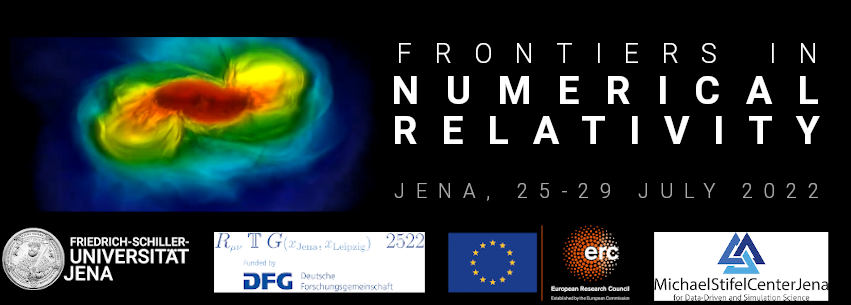Speaker
Description
Initial data play a vital role in numerical simulations -- the ability to construct constraint satisfying initial data closely representing the physical system determines the quality of the subsequent numerical evolution. It has been shown by Helfer et. al. (arxiv:1802.06733) that plainly superposed initial data can lead to significant constraint violations that affect the physics of the evolution of boson stars in the equal-mass case. In particular, plainly superposed initial data may lead to pre-mature collapse of the stars to a black hole and altered gravitational wave signals. However, the method proposed in Helfer et.al. is limited to the equal-mass case. In this talk we develop a generalisation of their method to unequal-mass binaries that recovers the Helfer construction in the equal-mass limit. Whilst a constraint solver is needed to obtain fully constraint satisfying initial data, we can still significantly reduce constraint violations by using our proposed construction. Furthermore, the significant reductions in the constraint violations around the stars avoid unphysical features in the boson star dynamics and the gravitational wave signals. We will present the methodology of the construction and show its applications to unequal-mass boson star collisions.

